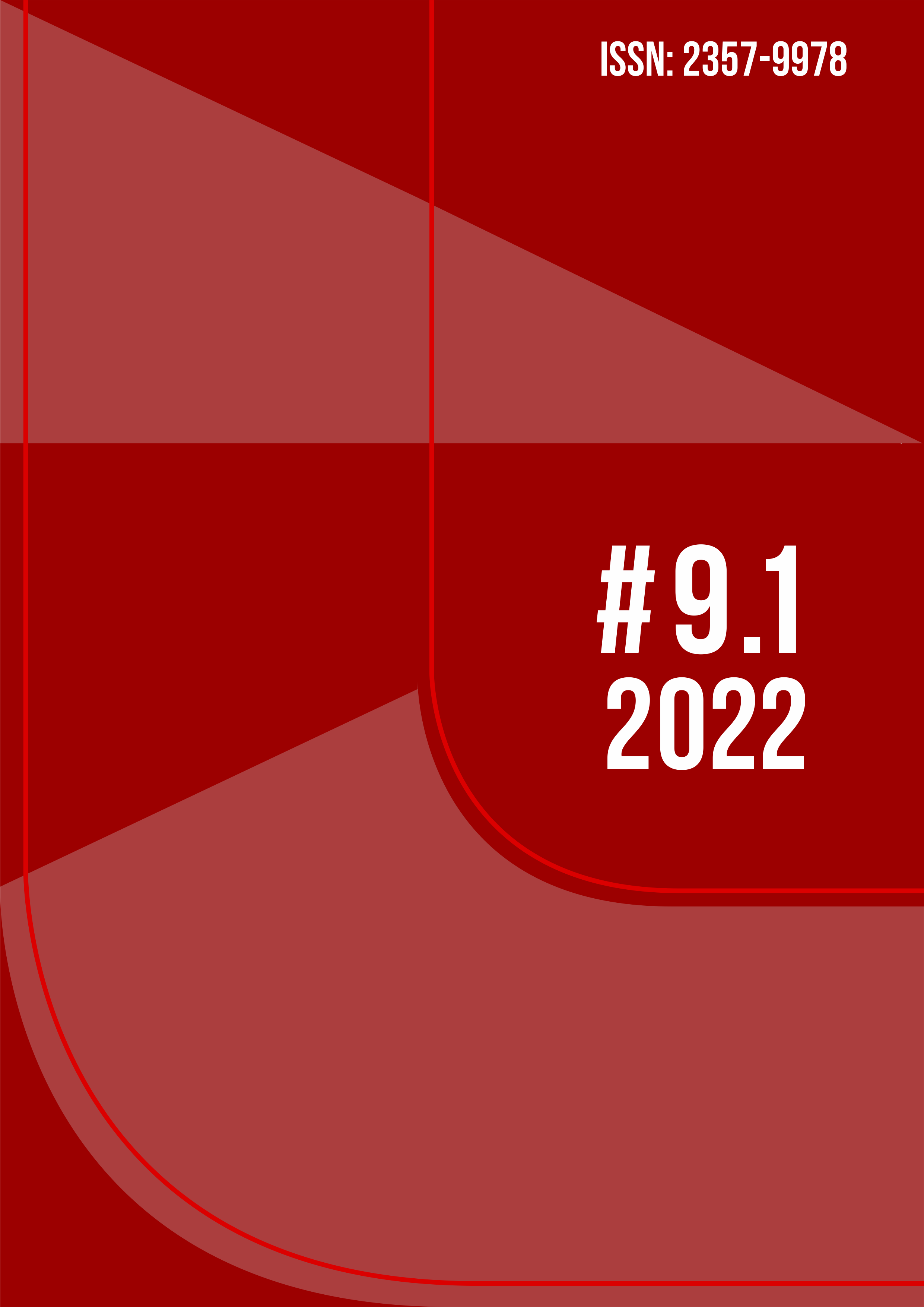Aby Warburg e a filologia cósmica
DOI:
https://doi.org/10.36025/arj.v9i1.29651Palavras-chave:
Filologia, Antropoceno, Memória, MnemotécnicaResumo
É possível delimitar, com algum tipo de traçado crítico, os alicerces do que buscou tratar a ciência sem nome de Aby Warburg? Certamente as tentativas de nomeação de seu fazer, entre uma ciência da cultura, uma ciência geral do humano (Agamben) ou uma demonologia à altura da era tecnológica (Ludueña Romandini) permitem entrever uma ética subjacente, cujos arquivos, textos e imagens do Atlas Mnemosyne operam como testemunhas de um núcleo por onde um inaudito desejo epistemológico segue lufando. Sem buscar, de maneira alguma, resolver ou encerrar esta que é uma questão fundamental para os estudiosos da obra de Warburg, sugeriremos neste presente texto como a ideia de uma filologia cósmica pode auxiliar no traçado dos almejos científicos que, felizmente, cada vez se assomam e multiplicam ao redor do inominável estético que o idiossincrático historiador da arte legou como herança viva.
Downloads
Referências
AGAMBEN, Giorgio. A potência do pensamento: ensaios e conferências. Tradução: António Guerreiro. Belo Horizonte: Editora Autêntica, 2015.
AGAMBEN, Giorgio. Profanações. Tradução: Selvino J. Assmann. São Paulo: Boitempo, 2007.
AUERBACH, Erich. Introdução aos estudos literários. Trad. José Paulo dos Reis. São Paulo: Cosac Naify, 2015.
BRUNO, Giordano. Las sombras de las ideas [De umbris idearum]. Tradução: Jordi Raventós. Madrid: Ediciónes Siruela, 2009.
CASSIRER, Ernst. Linguagem e mito. Trad.: J. Guinsburg. São Paulo: Perspectiva, 2013.
COCCIA, Emanuele. A vida das plantas: uma metafísica da mistura. Trad. Fernando Scheibe. Florianópolis: Cultura e Barbárie, 2018.
CUNIBERTO, Flávio. Etimologia e mitologia do daimon. Trad.: Diego Cervelin. Boletim de Pesquisa do NELIC, UFSC, Florianópolis, V. 12, N. 17, 2012. p. 108-119.
DANOWSKI, Déborah; VIVEIROS DE CASTRO, Eduardo. Há mundo por vir? Ensaio sobre os medos e os fins. Florianópolis: Cultura e Barbárie Editora, 2014.
DELEUZE, Gilles; GUATTARI, Félix. O anti-édipo: capitalismo e esquizofrenia vol. 1, Trad.: Joana Moraes Varela e Manuel Maria Carrilho. Lisboa: Assírio e Alvim Editora, 2004.
DIDI-HUBERMAN, Georges. A imagem sobrevivente: História da arte e tempo dos fantasmas segundo Aby Warburg. Trad.: Vera Ribeiro, Rio de Janeiro: Contraponto Editora, 2013.
DIDI-HUBERMAN, Georges. Atlas ou o gaio saber inquieto, O olho da história III. Trad.: Márcia Arbex & Vera Casa Nova. Belo Horizonte: Editora UFMG, 2018.
FOUCAULT, Michel. Estética: literatura e pintura, música e cinema. Tradução: Inês Autran Dourado Barbosa. Rio de Janeiro: Forense Universitária, 2009.
HAMACHER, Werner. 95 tesis sobre la filología. Trad.: Fabián Ludueña Romandini. Buenos Aires: Miño y Dávila editores, 2011.
HARAWAY, Donna. Staying with the Trouble: Making Kin in the Cthulhucene. Durham & London: Duke University Press, 2016.
HERING, Ewald. On memory and the specific energies of the nervous system. Chicago: The Open Court Publishing Company, 1897.
LUDUEÑA ROMANDINI, Fabián. Ascensão de atlas: Glosas sobre Aby Warburg. Trad.: Felipe Augusto Vicari de Carli. Florianópolis: Cultura e Barbárie Editora, 2017.
LUDUEÑA ROMANDINI, Fabián. Princípios de espectrologia: A comunidade dos espectros II. Trad.: Leonardo D’Ávila e Marco Antonio Valentim. Florianópolis: Cultura e Barbárie, 2018.
MARGULIS, Lynn. On the origin of mitosing cells, in: Journal of Theoretical Biology, Vol. 14, Ed. 3, março 1967. p. 225-274.
MARGULIS, Lynn; SAGAN, Dorion. Acquiring genomes: a theory of the origins of species. New York: Basic Books, 2002.
SEMON, Richard. The mneme. Trad.: Louis Simon. London: George Allen & Unwin Ltd., 1921.
SHERMAN, William H. Used books: marking readers in Renaissace England. Philadelphia: University of Pennsylvania Press, 2008.
TARDE, Gabriel. Monadologia e sociologia. Org. Eduardo Viana Vargas. Trad.: Paulo Neves. São Paulo: Editora Unesp, 2018.
WARBURG, Aby. Histórias de fantasma para gente grande: escritos, esboços e conferências. Org.: Leopoldo Waizbort. Trad.: Lenin Bicudo Bárbara. São Paulo: Companhia das Letras, 2015.
WEDEPOHL, Claudia. Mnemonics, Mneme and Mnemosyne: Aby Warburg’s theory of memory. Bruniana & Campanella: Ricerche filosofiche e materiali storico-testuali, Anno XX, 2014. p. 385-403.
Downloads
Publicado
Como Citar
Edição
Seção
Licença
Copyright (c) 2022 Julian Alexander Brzozowski (Autor)

Este trabalho está licenciado sob uma licença Creative Commons Attribution-NonCommercial-ShareAlike 4.0 International License.

Esta obra está licenciada com uma Licença Creative Commons Atribuição-NãoComercial-CompartilhaIgual 4.0 Internacional.
Autores detêm os direitos autorais ao licenciar sua produção sob Creative Commons Atribuição-NãoComercial-CompartilhaIgual 4.0 Internacional.


 English
English Português (Brasil)
Português (Brasil)
